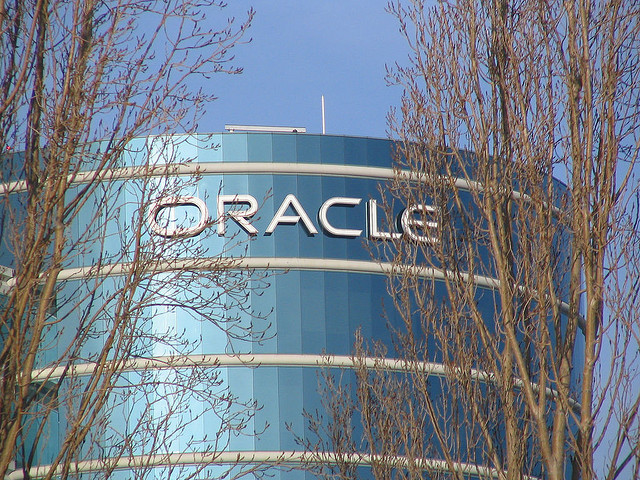
Dozens of computer scientists are urging the Supreme Court to overturn a May federal appeals court decision that said application programming interfaces (APIs) are subject to copyright protections.
The computer scientists, ranging from Vinton "Vint" Cerf—a father of the Internet—to Python creator Guido van Rossum, want the nation's high court to reverse the appellate ruling that said Oracle's Java API's were copyrightable:
The Federal Circuit’s decision poses a significant threat to the technology sector and to the public. If it is allowed to stand, Oracle and others will have an unprecedented and dangerous power over the future of innovation. API creators would have veto rights over any developer who wants to create a compatible program—regardless of whether she copies any literal code from the original API implementation. That, in turn, would upset the settled business practices that have enabled the American computer industry to flourish, and choke off many of the system’s benefits to consumers. [PDF]

The scientists are represented by the Electronic Frontier Foundation, which describes APIs as "specifications that allow programs to communicate with each other. So when you type a letter in a word processor, and hit the print command, you are using an API that lets the word processor talk to the printer driver, even though they were written by different people."
Google asked the justices to review the decision last month. The court has not indicated whether it would do so. The scientists' so-called friend-of-the court brief, lodged Friday, urged the justices to hear the case.
The legal fracas stems from Google copying certain elements—names, declaration, and header lines—of the Java APIs in Android, and Oracle sued. A San Francisco federal judge largely sided with Google in 2012, saying that the code in question could not be copyrighted. But the federal appeals court reversed, and ruled that the "declaring code and the structure, sequence, and organization of the API packages are entitled to copyright protection."
Oracle said the decision was "a win for the entire software industry that relies on copyright protection to fuel innovation."
The scientists, meanwhile, contend the exact opposite.
...if the Federal Circuit's view had been accepted at the birth of modern computing, many important technologies would never have existed, and/or succeeded. For example, the widespread availability of diverse, cheap, and customizable personal computers owes its existence to the lack of copyright on the specification for IBM's Basic Input/Output System (BIOS) for the PC. And open APIs were essential to many modern computing developments, including those of operating systems such as UNIX, programming languages such as "C," the Internet’s network protocols, and cloud computing.
The dispute is far from over, even if the Supreme Court declines to hear the case.
The appellate court's ruling [PDF] left open the door that Google may not be monetarily liable for infringement. The appeals court sent the case back to the lower courts to determine whether Google had a "fair use" right to infringe.
However, there's no clear answer as to what constitutes fair use and it's decided on a case-by-case basis.
"The distinction between what is fair use and what is infringement in a particular case will not always be clear or easily defined. There is no specific number of words, lines, or notes that may safely be taken without permission. Acknowledging the source of the copyrighted material does not substitute for obtaining permission," the US Copyright Office says.
reader comments
226